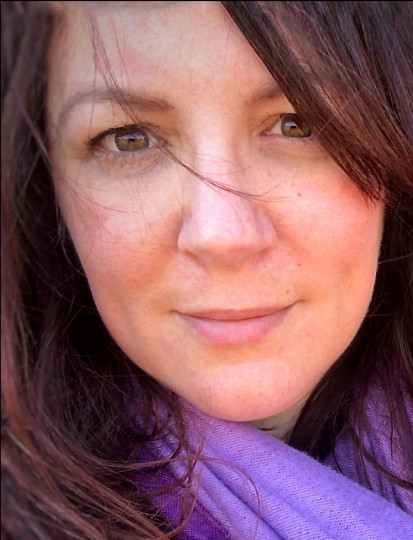The Maritime SPOR SUPPORT Unit is excited to welcome Dr. Lori Wozney as the new Science Lead, Learning Health Systems.
Lori brings a wealth of experience and expertise to the role, particularly in the areas of mental health and addictions. Lori is the Sun Life Chair in Youth Mental Health, an Assistant Professor in Department of Psychiatry and the Scientific Lead for Integrated Youth Services Nova Scotia.

We recently connected with Lori about her new role with the MSSU:
What inspired you to take on the role of Science Lead for Learning Health Systems at MSSU?
Disrupting the things that keep our health care systems dysfunctional is going to take all of us unlearning and then learning new ways of working and collaborating- including the research community. I see this role as a way I can work alongside patient partners and contribute to the collective effort for something better.
Can you share how growing up in rural Nova Scotia and extensive experience in mental health might shape your work with the MSSU?
Both experiences taught me that people and their communities can be more than one thing at a time. They can be struggling, isolated, socially stigmatized and suffering but they can also be creative, resourceful, hopeful and deeply committed to a better future. I hope in my work with the MSSU I help foster that dual perspective – our health systems are imperfect and complex and under pressure but that’s not the only possibility, we can change systems through collective action.
The Learning Health Systems Advisory Group is tasked with building capacity and strengthening partnerships in the Maritimes. What are your priorities for the group as it begins this important work?
Prior to my role starting the MSSU developed a workplan for the Advisory Group in consultation with partners so those actions are top of mind for next steps.
With equity being a core principle of your work, how can MSSU better ensure that LHS initiatives are inclusive of underrepresented communities, particularly in rural areas?
Actions speak louder than principles. Everything from the kinds of events we host (and where), the people we celebrate and honor, the projects we fund, the remuneration we offer community partners, the voices we privilege, our public communications all determine if we are or are not seen as an alley and an inclusive organization. All of us involved in the LHS initiatives need to commit to our own learning and critical practice around decolonizing research and the organizations that support it. MSSU needs to ask communities about their needs but we also need to follow through on the things communities have already told us.
What do you see as the biggest challenges for the Maritimes in advancing Learning Health Systems, and how do you believe the MSSU is positioned to overcome them?
Two things come to mind. Shiny Object Syndrome wreaks havoc on learning health system efforts. Real change takes focus, resources, iterations over time, and repeatedly coming back to look at data, learn, revise. In systems that are socialized to continue jumping to the next new thing we risk not being able to solidify changes and make sure they are sustainable. Learning isn’t a flash in the pan effort. We also have a huge challenge to centre social justice and equity so that we don’t implement changes that just replicate health inequities in new ways. I think because the MSSU’s mandate is at the heart relational – connections between policy, practice, research and patient partners there is a lot we can do to advance human-centered approaches and mobilize people to address the fragmentation and structural barriers that ultimately need to be addressed.
What do you like to do in your spare time in the winter?
My inner nerd comes out in the winter- I catch up on my comic book reading list and play board games and make weird collage art. I am always up for a good snowball fight with my three (young adult) kids whenever we have to bundle up and shovel the driveway.